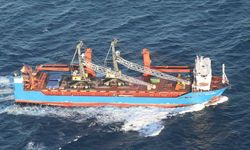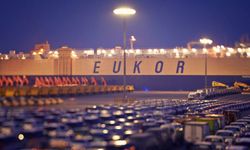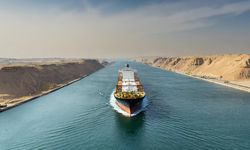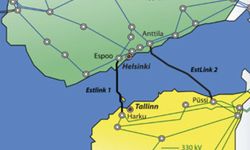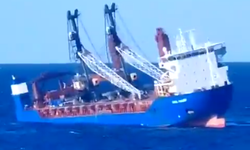Achieving these targets depends on the development and widespread adoption of alternative fuels, which, according to DSF, can only be realised through substantial government investment and supportive regulation.
Historically, no alternative energy source has achieved global prominence without robust governmental backing. DSF stresses the critical role governments play in mitigating risks, providing financial incentives, and fostering a regulatory environment conducive to the adoption of new energy technologies.
"The maritime industry, as a niche player in the broader energy market, cannot independently lead the development of alternative fuels," the report states. However, DSF believes that the sector can incentivise decarbonisation by implementing better benchmarking practices and sharing the benefits of efficient fuel use.
Currently, a lack of transparency and established benchmarks is hindering the large-scale adoption of emission reduction tools with long repayment periods. DSF emphasises that addressing these issues is key to driving the industry forward, as transparency can motivate shipowners and operators to improve their practices.
"When competitive analyses, such as improved Carbon Intensity Indicator (CII) ratings, are made public, it encourages operators to enhance their performance to meet or exceed benchmarks," said the report. This transparency would enable the sector to define best practices and allow cargo customers and operators to establish fuel budgets for individual voyages, rewarding those who outperform industry standards for specific routes.
In this framework, cargo customers would be offered a fixed price for voyages, though they would still bear some risk due to unpredictable weather conditions. Ship operators would remain responsible for operational decisions related to retrofitting vessels, adopting new technologies, and selecting fuel types. However, the concept of a "fuel not consumed" equity kicker would reward operators for achieving fuel efficiency, thus promoting a culture of continuous improvement.
DSF argues that such a simple yet effective mechanism could drive value creation and ultimately lead to consolidation within the industry, with the most energy-efficient operators emerging as leaders. Given that the maritime sector cannot independently determine which alternative fuels to invest in, DSF believes a fuel budgeting system, tailored to specific routes, would provide a useful framework during the transitional period, as new fuels and infrastructure requirements evolve.
"This approach would foster long-term collaboration and distribute financial risks and rewards more equitably between stakeholders," concluded DSF. "Fuel budgets should be reviewed and tightened annually to ensure alignment with global climate goals."

